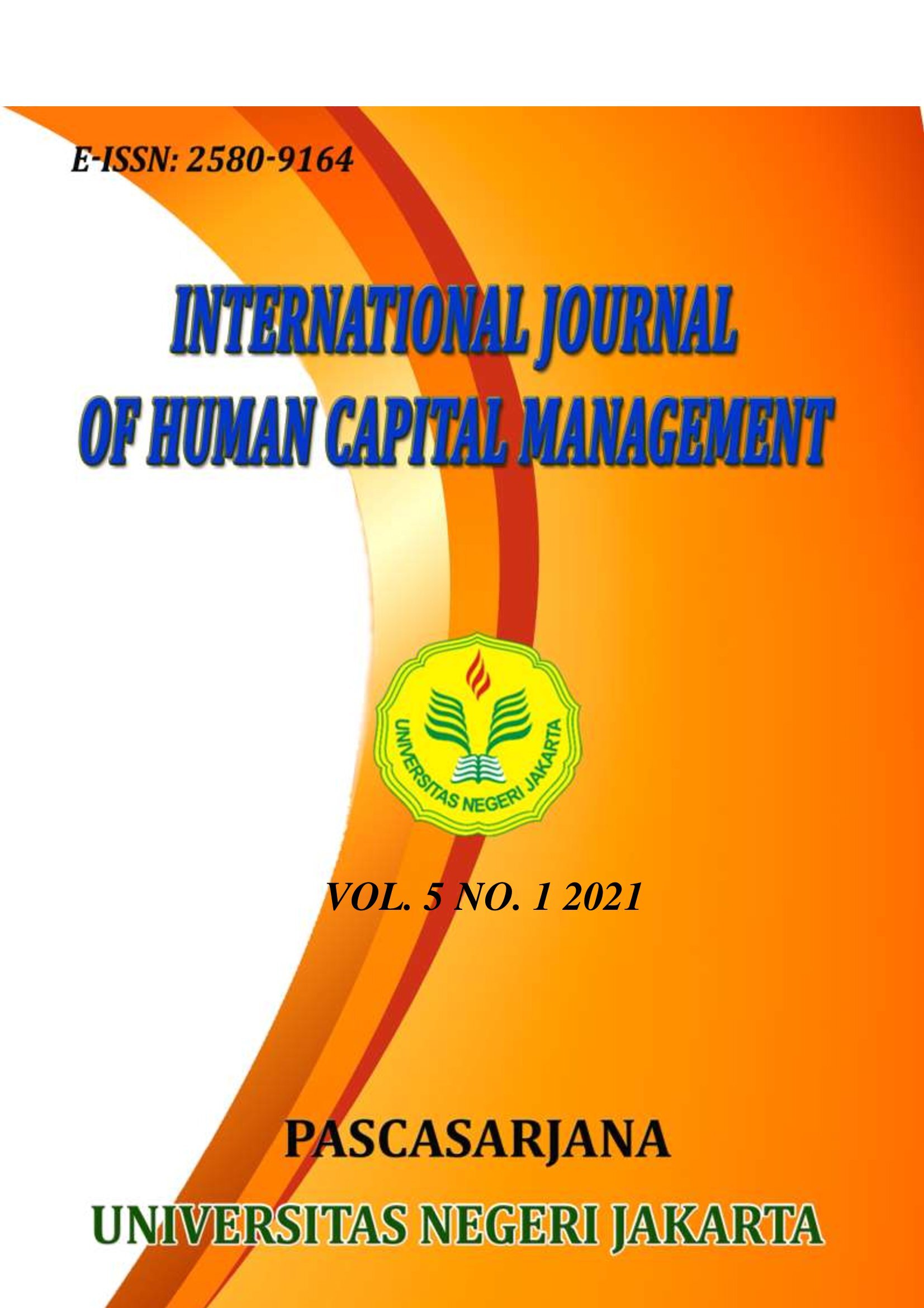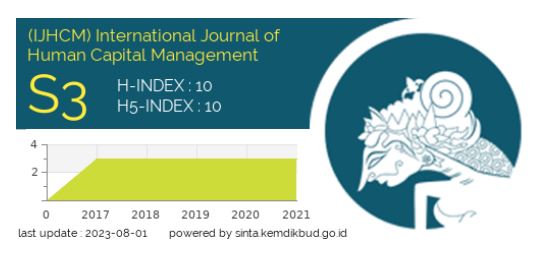Extent and Justifications for Strike Proneness in The Nigeria Public Sector Industries
DOI:
https://doi.org/10.21009/IJHCM.05.01.1Keywords:
Strike proneness, public sector, NigeriaAbstract
Strike has become one of the most effective tools used by workers to drive home their demands and the intensity of this varies from one sector to another. Therefore, the objective of this study is to investigate strike proneness and why public sector industries are more strike prone in Nigeria. The study takes an exploratory approach by reviewing extant literatures as a focal point of analysis to determine the extent of strike intensity among industries in the public sectors with a view towards drawing up relevant justifications. The findings of the study shows that in comparison with other sectors, education as sub sector of public sector are more strike prone and the reason generally for public sector strike proneness is because government is the highest employer of labour as well as the umpire ensuing the behaviour of an employer and at the same time involve in the regulatory framework that guides the employment relations between the employer and employees in the private and public sector which often leads to unilateral decisions in the face of collective bargaining ; unfair treatment of employees and anti-union activities appears to be factors responsible for more industrial strike in the public sector among others. Therefore, the study recommend that government should practice unbiased democracy that is just, fair and deal equitably with the respective organized union so as to prevent conflict and not control conflict because of the after math consequences.




